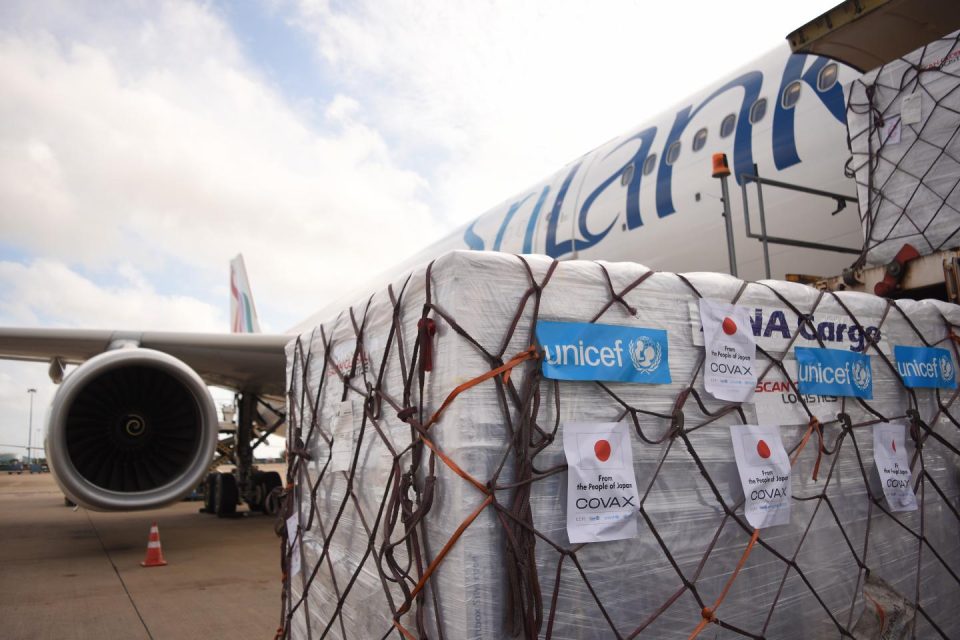In response to a severe shortage of medicines, the Japanese government, through UNICEF, has provided Sri Lanka with $1.5 million in essential medicines to meet the urgent needs of the population.
The $1.5 million donations will help UNICEF procure medicines for more than 1.2 million people, including 53,000 pregnant women and nearly 122,000 children in need, Colombo Page reported.
Katsuki Kotaro, Japan’s Deputy Ambassador to Sri Lanka, said: “We are very honoured that Japan will provide the Sri Lankan people with $1.5 million in emergency grant assistance over the next two months to procure the 25 most urgently needed medicines through UNICEF. We believe this will help improve access to essential life-saving medical care, especially for pregnant women and children who are most at risk of being affected by the economic crisis.”
The economic crisis in Sri Lanka has largely affected basic services, especially the health sector. According to Colombo Page, the Ministry of Health has identified a list of essential medicines that will be out of stock for the next two months, including essential medicines for children and pregnant women.
“It’s a race against time given the most vulnerable groups, especially children and pregnant women, desperately need these life-saving medicines. The Japanese government is to be commended for its swift contribution. When rapid procurement and delivery of medicines is required, UNICEF will leverage its extensive expertise,” said UNICEF Sri Lanka representative Christian Skog.
The contribution of the Japanese government is critical to meeting the growing needs of children, including in nutrition, water, sanitation and hygiene (WASH), education and protection services, not only in the short term but also in the long term Colombo page reported.
Sri Lanka is currently facing its worst economic crisis since independence, with food and fuel shortages, soaring prices and power outages affecting large numbers of people.





